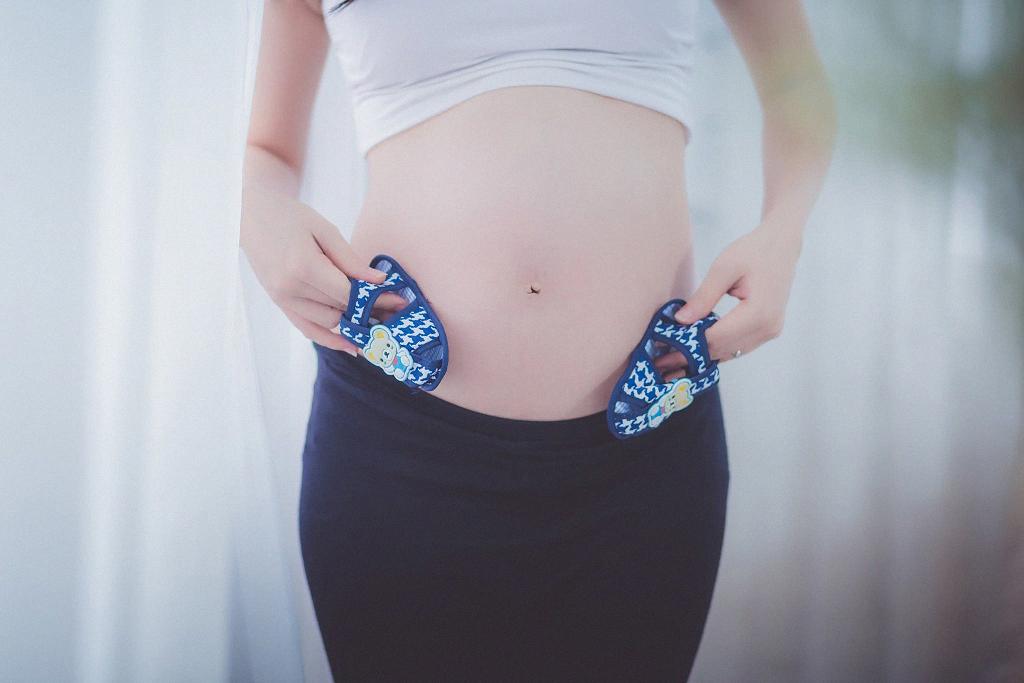Dealing with vulvar varicosities during pregnancy can be discomforting, but there are effective treatment options available to alleviate the symptoms. One common method used by healthcare providers is sclerotherapy.
During sclerotherapy, a liquid or foam solution is injected into the affected veins. This solution prompts the veins to scar and close off, ultimately leading to their disappearance. This procedure is considered safe during pregnancy and can provide relief from the pain and swelling associated with vulvar varicosities.
It is important to consult with your healthcare provider before pursuing any treatment options for vulvar varicosities. They will be able to assess your individual situation and determine the most suitable course of action to manage your symptoms effectively.
Another conservative approach to managing vulvar varicosities during pregnancy is utilizing compression garments. These specially designed garments can help improve circulation and reduce swelling in the affected area, offering some relief from discomfort.
Engaging in regular exercise, such as walking or swimming, can also be beneficial in managing vulvar varicosities. Staying active helps promote blood flow and can prevent the pooling of blood in the veins, reducing the likelihood of developing varicose veins.
Additionally, elevating your legs when resting or sleeping can help alleviate pressure on the veins in the pelvic area, easing the symptoms of vulvar varicosities. Keeping your legs elevated above your heart level can help improve circulation and reduce swelling.
Some individuals find that applying cold compresses to the vulvar area can provide temporary relief from pain and discomfort associated with varicose veins. The cold temperature can help constrict blood vessels and reduce swelling, offering some respite from the symptoms.
If conservative measures are insufficient in managing your vulvar varicosities during pregnancy, your healthcare provider may recommend more advanced treatments such as laser therapy or surgical procedures. These interventions are typically reserved for severe cases that do not respond to other treatment options.
It is essential to prioritize self-care during pregnancy, especially when dealing with conditions like vulvar varicosities. Ensuring that you maintain a healthy diet, stay hydrated, and practice good hygiene can help support overall vascular health and reduce the risk of developing varicose veins.
Remember to communicate openly with your healthcare provider about any concerns or symptoms you may be experiencing. They are there to support you throughout your pregnancy journey and can provide valuable guidance on managing vulvar varicosities effectively.
In conclusion, while vulvar varicosities during pregnancy can be uncomfortable, there are various treatment options available to help alleviate symptoms and improve your quality of life. By working closely with your healthcare provider and implementing appropriate self-care strategies, you can effectively manage vulvar varicosities and focus on enjoying a healthy pregnancy.

